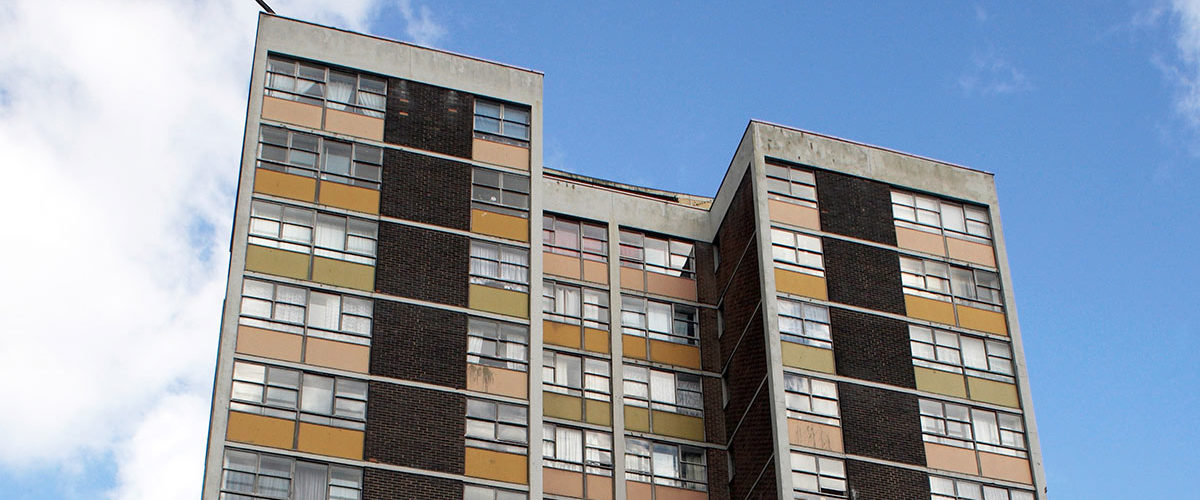At Shelter Scotland we’re always interested in engaging with the causes of and solutions to Scotland’s housing crisis.
But recent claims that the hard-won political consensus on affordable house building is making the current crisis worse (yes, that’s right – worse) left us scratching our heads.
It’s worth restating the scale of Scotland’s housing crisis and the difference that affordable housing can make.
Research shows that to meet current need for affordable housing 64% of all new homes built should be affordable. This means we need to build at least 60,000 affordable homes over the course of this parliament to meet housing need. That’s why the Scottish Government’s commitment to fund 50,000 affordable homes – while 10,000 short of what researchers estimate need to be built – is extremely welcome. Of course part of the overall picture involves building housing to be sold at market value, but the evidence is clear – the vast bulk of housing need in Scotland is for affordable housing.
Further, the weight of evidence behind the positive impact that safe, secure and affordable housing can have is overwhelming – extending to health, economic wellbeing and education. With over a million people in poverty after housing costs are taken into account the impact that scaling up the building of affordable housing on poverty rates could be huge.
Now let’s take a moment to consider what would Scotland look like if affordable and social rented house building was actually stymying the development of market housing.
In towns and cities like Edinburgh, Aberdeen and St Andrews local authorities and social landlords would regularly outbid private developers for sought after plots of land (often, incidentally, where need for affordable housing is greatest). Waiting lists for affordable housing would begin to reduce, perhaps eventually reaching close to zero.
It barely needs pointing out that we are a long way from this, in some respects utopian, vision.
What we need is to be honest about what’s behind Scotland’s housing crisis. Fundamentally, we have a dysfunctional market for land and property – we still adhere to a housing system where house price inflation is followed by an all too predictable crash. This is the core problem, not political will behind an ambitious affordable house building programme.
To meaningfully address the root causes of our housing crisis we should recognise these faults, and put our energy into thinking about how we might do things differently – looking at the radical policy measures required to establish a well-functioning housing system that meets the needs of everyone.


